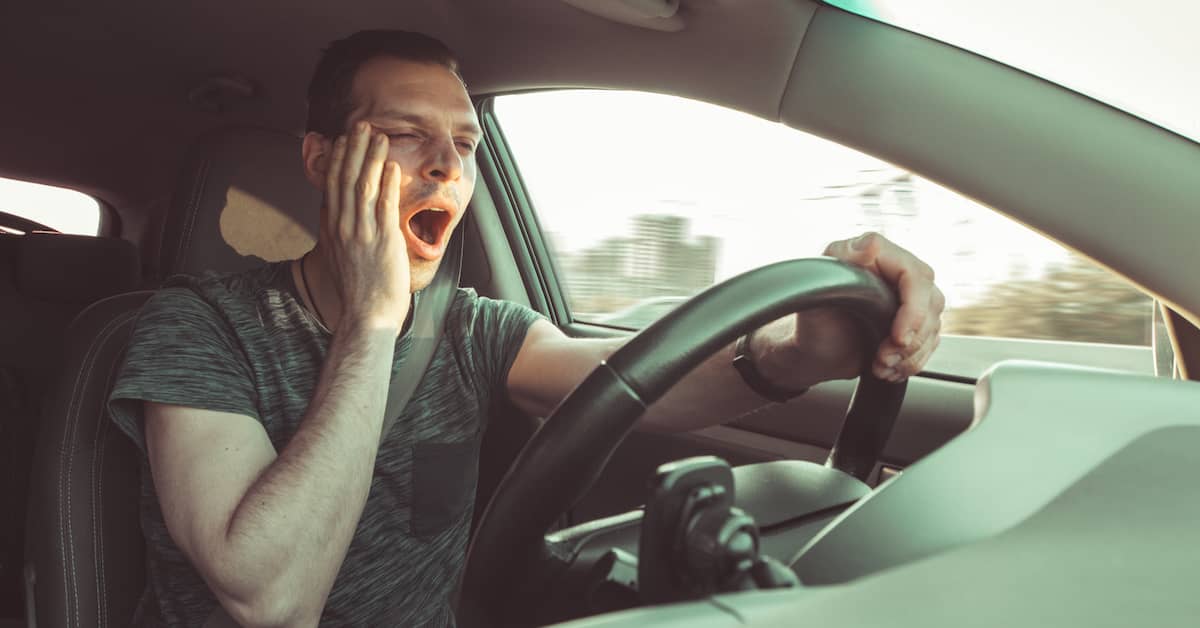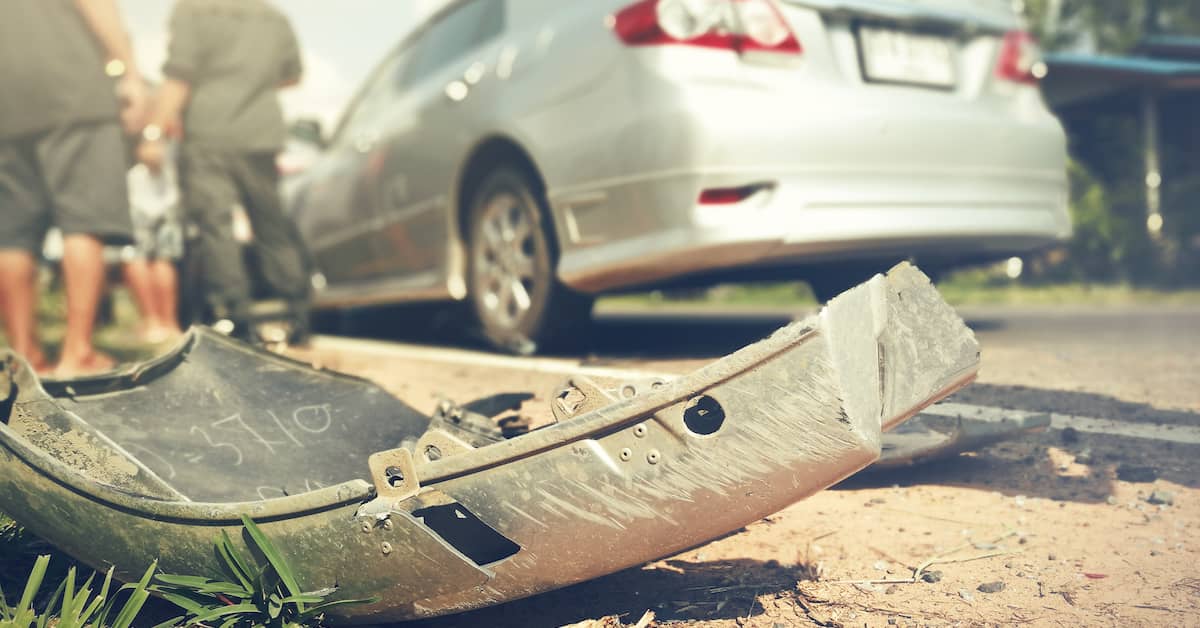What Are the Signs of a Drowsy Driver?
Understanding the signs of a drowsy driver can help protect you from harm on the road. According to the National Highway Traffic Safety Administration (NHTSA), drowsy driving was responsible for 633 car accident fatalities in 2020, and drivers cause far more serious but non-fatal collisions every year.
As explained by the Florida Department of Highway Safety and Motor Vehicles (FLHSMV), drowsy driving is dangerous for four primary reasons:
- Drowsiness slows down drivers’ thought processes and increases their reaction time;
- Drowsiness impairs drivers’ judgment and vision;
- Drowsiness impairs drivers’ overall ability to respond to dangerous situations; and,
- Drowsiness can cause drivers to fall asleep behind the wheel.
Since drowsy driving is so dangerous, drowsy drivers who cause serious and fatal car accidents can—and should—be held responsible. But, holding drowsy drivers accountable involves proving that they were fatigued behind the wheel. So, what are the signs of a drowsy driver?
7 Common Signs of Drowsy Driving
Since drowsiness can impair drivers’ abilities in several different ways, the signs of drowsy driving vary widely. In many cases, drowsy drivers will exhibit signs similar to those of being distracted or under the influence of alcohol or drugs. For example, seven common signs of drowsy driving include:
1. Failing to Drive in a Straight Line
Drowsy drivers will frequently struggle to keep their vehicles traveling in a straight line. Frequently, drowsy drivers will nod off briefly, and their cars will drift to one side or the other while they are asleep. In some cases, modern vehicles with lane-keeping assist functions will keep drivers in their lanes, but their vehicles will still drift from side to side as their vehicles read the lines on the road.
2. Failing to Maintain a Consistent Speed
Failing to maintain a consistent speed is another common sign of drowsy driving. Drowsy drivers will often slow down for no apparent reason—and then speed up quickly once they realize where they are and what is going on around them. In some cases, drowsy drivers will fall asleep with their foot on the gas pedal. For obvious reasons, this is an extremely dangerous scenario.
3. Drifting from the Driver’s Lane
Beyond failing to drive in a straight line, some drowsy drivers will drift out of their lane. This may involve drifting into another lane of traffic (including, perhaps, an oncoming traffic lane) or drifting off of the side of the road. Both of these scenarios present obvious dangers as well; and, while they are both completely avoidable, many people still choose to put themselves and others in harm’s way.
4. Sudden Braking or Steering Corrections
Sudden braking and steering corrections are also common signs of drowsy driving. Drowsy drivers will often slam on their brakes once they realize that they have nodded off, or they will overcorrect their steering after drifting out of their lane.
5. Changing Lanes or Taking an Exit At the Last Second
If a driver appears to wait until the last second to change lanes or take an exit, this could be a sign of drowsy driving as well. As discussed above, when drivers are drowsy, their reaction time, vision, and cognitive abilities are all impaired, and this dangerous combination often results in dangerous decision-making.
6. Ignoring Traffic Signs or Signals
Drowsy drivers may appear to ignore traffic signs or signals. In reality, however, they simply aren’t processing their surroundings. Failing to merge, failing to yield, and running stop lights and stop signs are all common consequences of drowsy driving.
7. Having Near-Misses On the Road
Finally, if a driver is having several near-miss accidents, this could be a sign of drowsiness as well. All of the factors discussed above combine to increase drowsy drivers’ accident risk significantly. Unfortunately, while drowsy drivers may be able to avoid some accidents, sooner or later they will usually end up causing a collision.
How Do You Prove that a Driver was Drowsy Behind the Wheel?
When it comes to seeking financial compensation for a drowsy driving accident, victims and their families must be able to prove that the other driver was asleep or fatigued. Fortunately, there are several ways that experienced car accident lawyers can prove their clients’ legal rights. From traffic camera footage to eyewitness testimony, your lawyer may be able to gather various forms of evidence to prove your claim for just compensation.
Talk To an Orlando Car Accident Lawyer for FREE
Do you need help after a drowsy driving accident in Florida? If so, we encourage you to contact an Orlando car accident lawyer at Colling Gilbert Wright promptly for more information. We may be able to help you recover compensation for your physical, financial, and emotional losses.
To speak with an experienced Orlando car accident lawyer about your legal rights in confidence, call (800) 766-1000 or request a FREE consultation online today.

 (407) 712-7300
(407) 712-7300































